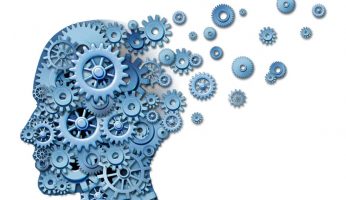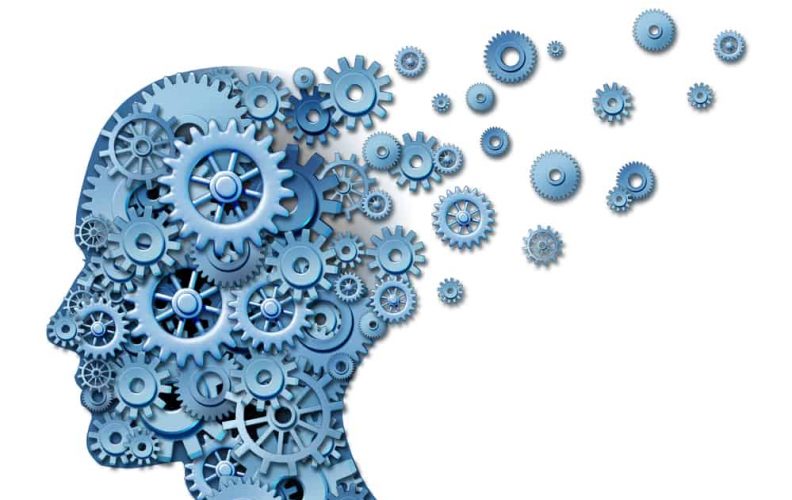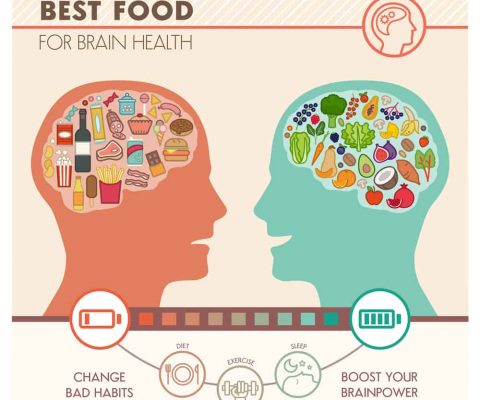How Weight Training Benefits Your Brain
Disclosure: We use affiliate links and may receive a small commission on purchases.
 How Weight Training Benefits Your Brain
thefitbay.com
How Weight Training Benefits Your Brain
thefitbay.com
There are many reasons to increase your exercise activity and look into weight training – but one reason that stands out among others is weight training’s outstanding ability to seemingly increase your brain power. Not only have people claimed that their memory problems have improved but there currently is research being done to connect weight training with improvement in people with early dementia. Weight training utilizes and strengthens many muscle groups but perhaps the most truly beneficial is the work done in one’s own head.

What are the studies showing?
Harvard Medical School recently put out a study on weight training research that they are currently monitoring which compared weight training and stretching exercises. They found that after a six month period, the group that took part in weight training scored significantly better on given cognitive tests when compared with the other stretching group. There is also research being done with resistance training in general to see if it offers the same benefits.
How to start?
If you are new to weight training the best way to start off is by including it into your normal workout regimen once per week and slowly increasing to three times per week when you feel comfortable enough. Weight training works with your own body weight and strengthens every muscle group. It floods your brain with oxygen, hormones and glucose which all work together to keep you functioning at high capacity. The influx of hormones work as a mood booster which improves your overall mood and can even help in combating depression. The increase of activity in your brain during weight training also aids in improving your focus which in turn helps with memory problems as well. And don’t forget to hydrate.
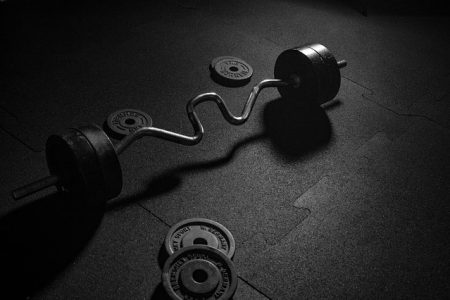
Brain Stability
Weight training has been known to relieve stress and has possible links to increased intelligence as well. If you know that you have Alzheimer’s running in your family it is highly suggested that you look into weight training. If you or anyone you know is already experiencing “mild cognitive impairment” which is a pre-cursor to the disease, increasing exercise is very important to maintain stability in the brain and making sure it is functioning how it should. There have been multiple studies done in linking your bodies health via exercise to your brain’s health as well. We have a large aging population right now that would highly benefit from weight training. One of the many studies done about this subject was by the Journal of the American Geriatrics Society. Bringing awareness to the positive aspects of this type of exercise is highly beneficial and can help prolong and enrich many lives.
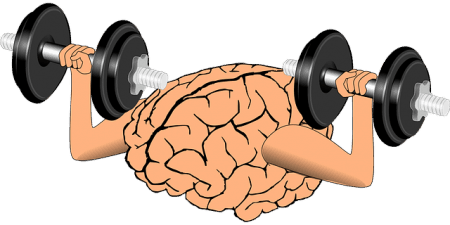
Fight depression or anxiety
There are mental health benefits to weight training as well which can help ease symptoms of those suffering from depression or anxiety disorders. People who suffer from anxiety often exhibit very poor sleep patterns, distressed thought patterns and generally poor health if severe enough. Weight training helps those individuals not only with improved sleeping patterns and better overall health but with actual progress concerning the moods themselves. Exercise has been known to help improve depression and anxiety.Weight training also shows great promise in improving energy levels for individuals suffering from chronic fatigue.
Improve intelligence
Another benefit of weight training is that it can actually improve your intelligence. “Neurogenesis” is increased during exercise and specifically weight training which is what triggers ‘growth factors’ within your brain. These growth factors are what help to make new brain cells and work to make new connections between the cells which in turn creates brain power growth. With the ability to improve both your memory and intelligence it’s pretty easy to see why weight training should be part of everyone’s workout regimen. The key to receiving the benefits of weight training have to do with intensity and frequency. Ideally you should be working out at eighty percent of your peak strength at least three times a week. You should try to work-out in increments at first so that your body can adjust to more exercise. Weight training in intervals of twenty minutes at a time is more then efficient to start with, especially if you are new to the world of exercising. Even light weight training is enough in most cases to help slow the brain’s process of natural aging degeneration.

If you are new to weight training you may find yourself experiencing a new sensation afterwards, also called a “lifter’s high” which is comparable to a “runner’s high” which is felt after running. Dopamine floods your brain and continues to work on improving your mood even hours after the weight training itself has finished. This is why weight training has been considered so beneficial for those with mood disorders. Working out when you have an anxiety disorder helps to get rid of some of those extra nerves individuals suffering from anxiety often carry around. When you suffer from depression, weight training can help not only to elevate your mood but to help create stronger and more positive self-confidence. Other diseases that can see improvement from adding in weight training are Parkinson’s, anyone who has suffered from a stroke and most cognitive/neurological disorders.
Weight training is something that seems to improve brain power no matter the age. It is seen as a secret weapon of sorts for adults over fifty-five who may be prone to faster brain deterioration or dementia. Rather than sitting at home filling out crosswords or other ‘brain strengthening’ activities, our older generation is quickly learning that weight training proves to be most effective at staving off early dementia and other signs of brain aging. You also can develop a much better ‘recovery time’ which is the term used for after having to stay in a hospital. When your body is healthier it is able to defend and repair itself much faster.
Improve cognitive functions
We are also learning that even children can benefit from weight training and how it can work to improve cognitive functions and learning growing up. By adding age appropriate weight training to a child’s life you can see improvements in both focus and memory. Calisthenics (which is when you utilize your own body weight during weight training) is one very effective way to get started at home if you have no weights or no way to get to a gym. Gymnasts bodies are often sculpted because of calisthenics and there are many different variations you can try from your own home. Weight training is free and has been proven to be helpful in many aspects of both physical and mental life but if you are interested in increasing brain power there is really no better way to do it. Many individuals around the world are currently benefiting from weight training.

